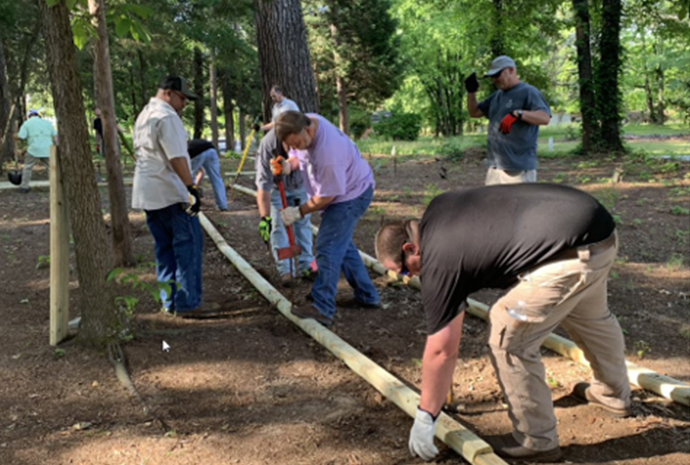Our Partnerships
We are committed to partnering with the communities we serve and bringing assistance and support to Georgians all over our great state. We are proud to play a role in building many impactful partnerships.
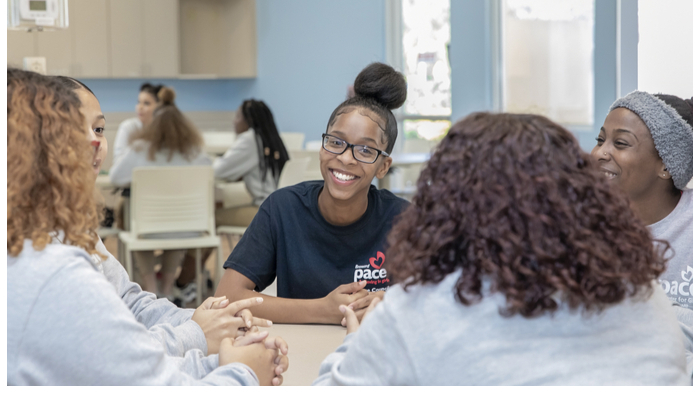
Setting the pace to a fresh start
Girls and young women in Macon and Bibb County who find themselves in need of a fresh start have a supportive ally in the Pace Center for Girls.
The center provides resources, counseling, and education in a nurturing environment for those who need help healing from trauma or involvement in unhealthy and unsafe behaviors, as well as those facing academic or social obstacles.
Founded in Florida, Pace's REACH program moved into Georgia in 2019 under the direction of the Girls Coordinating Council and the Bibb County District Attorney's office.
Its collaborative approach involves schools, community leaders, and criminal justice officials all sharing an overall goal of delivering hands-on intervention to girls at risk of becoming caught up in the juvenile justice system. The center also provides case management and a curriculum for community professionals who work with the girls.
All services are provided out of local schools and the Macon-Bibb Juvenile Detention Center. Girls between the ages of 11 and 17 are eligible to receive services in coordination with the schools' or detention center's administration and guidance counselors.
The Georgia Power Foundation is among those lending its support to the non-profit in its mission to help provide girls and young women an opportunity to thrive through education, counseling, training, and advocacy.

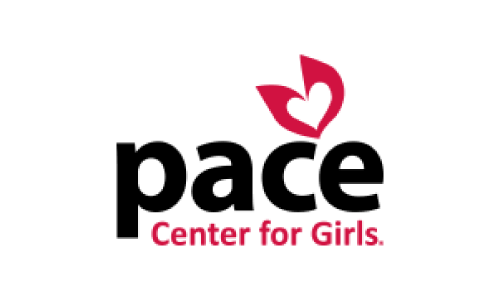
Pace provides girls and young women an opportunity for a better future through education, counseling, training, and advocacy.
Three communities, one shared goal for greater equity and economic mobility
Three Atlanta neighborhoods are in a better position to thrive thanks to Purpose Built Communities, an organization that connects community leaders with resources and like-minded partner organizations with the same goals for community revitalization.
East Lake, Grove Park, and Historic South Atlanta are part of the Purpose Build network, and all three are embraced by the Georgia Power to support holistic efforts in ways that specifically address their equity and economic empowerment initiatives.
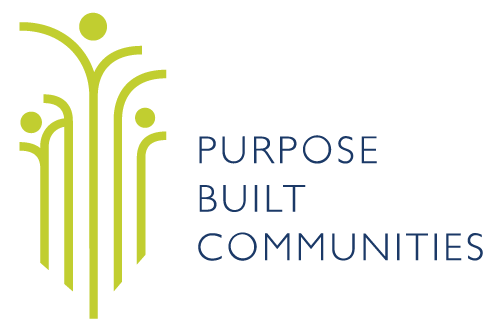

East Lake Foundation
The East Lake Foundation's (ELF) Resident & Community Support Program (RCSP) launched in 2011 to assist residents in meeting three economic stability and mobility goals: employment if unemployed; improved, higher paying jobs for the employed; and greater financial literacy.
RSCP is central to ELF's mission, and its programming shares knowledge and skills needed to obtain and maintain jobs, identify career goals, and increase compensation.
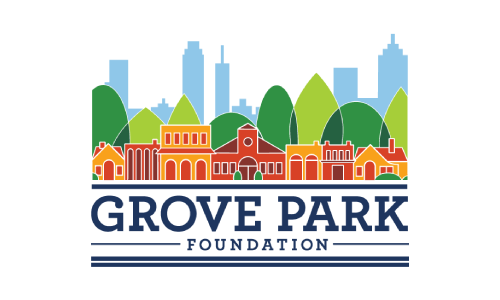
The Grove Park Foundation
The Grove Park Foundation grew out of the efforts to restore several historic neighborhoods suffering from decades of neglect and environmental degradation on Atlanta's Westside. A major focus now is on reviving a Black Main Street in the heart of the community, which would include retail services such as a grocery store and bank. Funding specifically addresses building a business incubator and affordable retail spaces, as well as beautification and safety improvements.
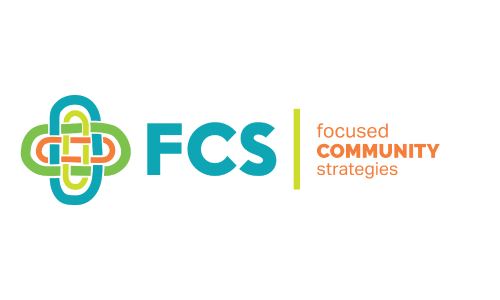
Focused Community Strategies
In Historic South Atlanta, Focused Community Strategies (FCS) is currently spearheading efforts to make affordable housing and home ownership a reality for residents. Additional efforts include incubating and championing various community and economic development initiatives.
Grants from the Georgia Power Foundation and others will help complete 30 new rental properties and create 45 single-family homes. Other projects include creating 17 new micro-commercial spaces, establishing a minority-owned restaurant with neighborhood staff, and expanding an existing market/small grocery store to include more retail space.
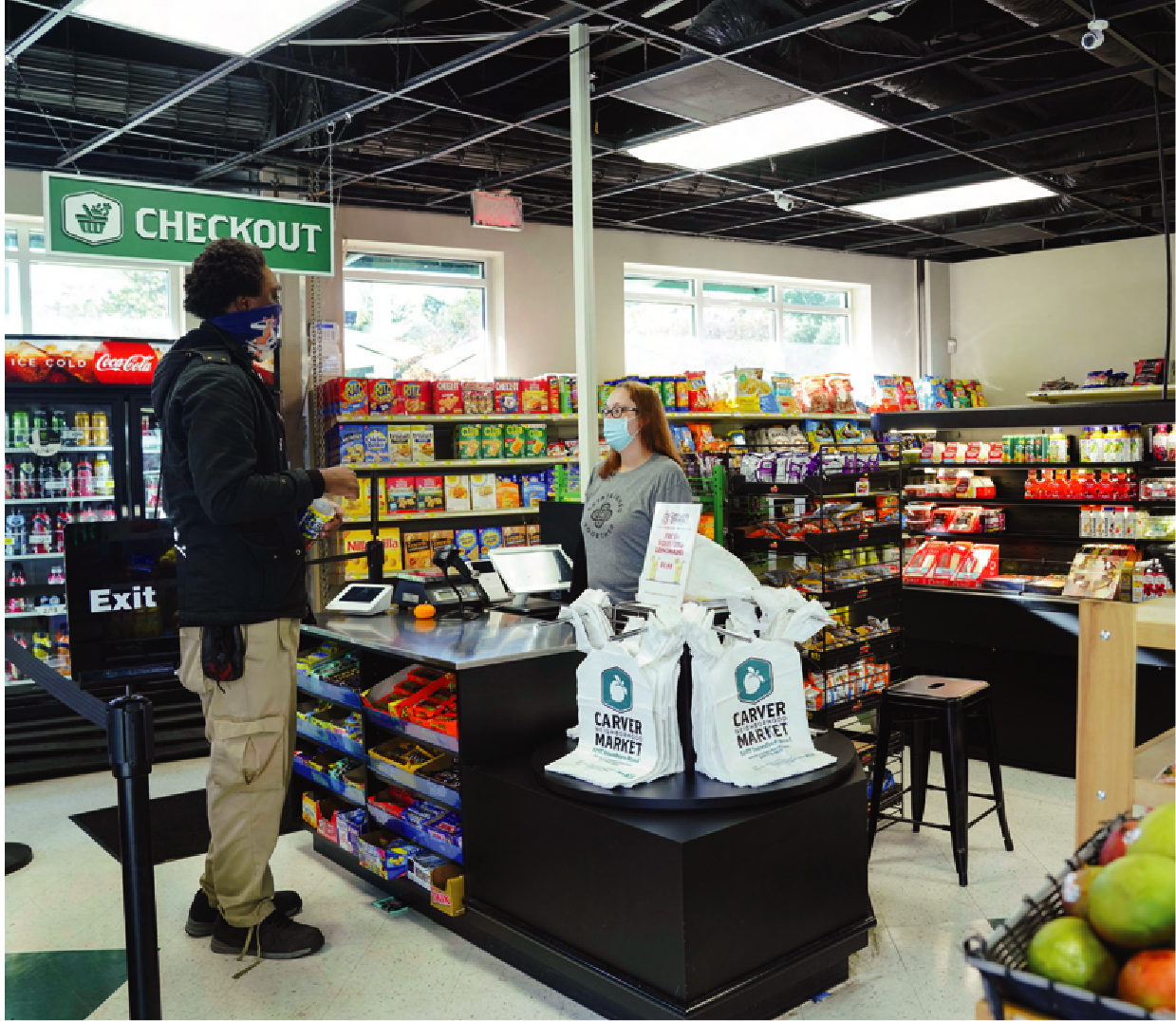
Setting infants and young children on a course for success
A commitment to making education more equitable for learners at every level is the impetus behind a trio of early childcare programs supported by the Georgia Power Foundation.
The Foundation is dedicated to improving and strengthening educational initiatives to help students across the state build brighter futures, and that starts with infants and young children.
Grants to Berry College and the South Rome Early Learning Center; Los Niños Primero, and Quality Care for Children (QCC) will support children and childcare providers, improving and strengthening education in underserved communities.

The South Rome Early Learning Center (SRELC)
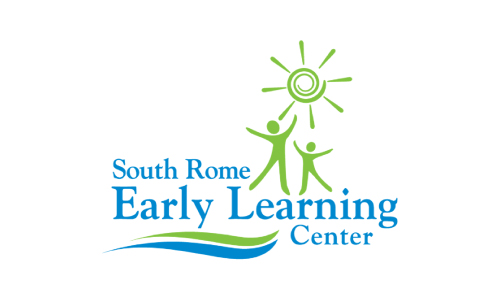
The South Rome Early Learning Center provides quality education for 3-year-olds from primarily low-income area homes. SRELC provides activities and enriching experiences to encourage growth and development.
SRELC is a partnership between Berry College, Rome City Schools, and the South Rome Redevelopment Corporation. Berry provides the curriculum and the school system provides space and food. The goal is to create a cradle to college pipeline designed to improve vocabulary and other skills needed to put children on a track to read at grade level by third grade.
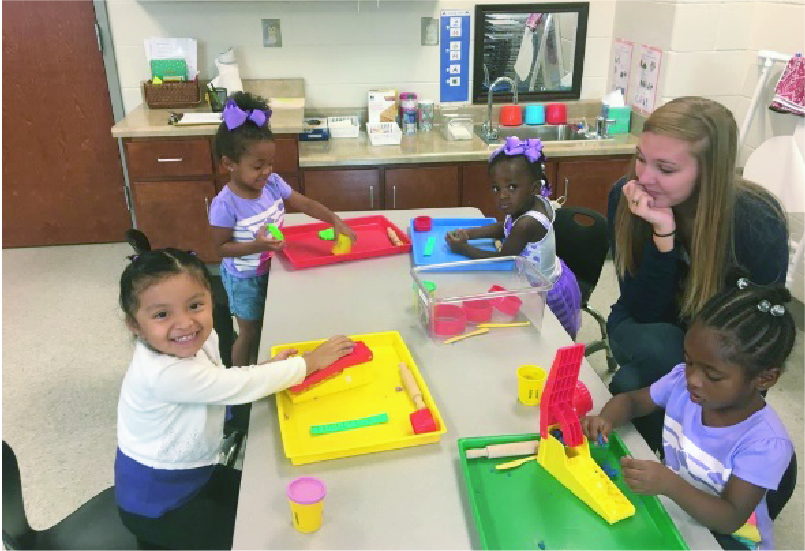
Los Niños Primero
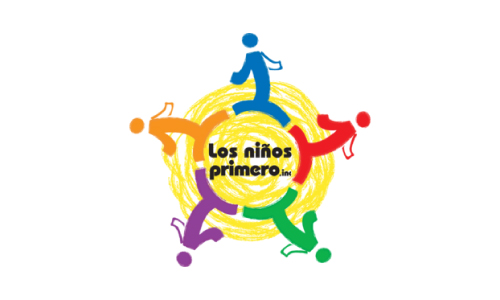
Los Niños Primero seeks to address the widening education gap affecting the Latino community. Year-round programs are specifically designed for Latino children from 3 to 19-years-old.
The organization already serves numerous Metro Atlanta counties with year-round educational support and is expanding its reach to include more sites, as well as more Saturday sessions.
Quality Care for Children (QCC)
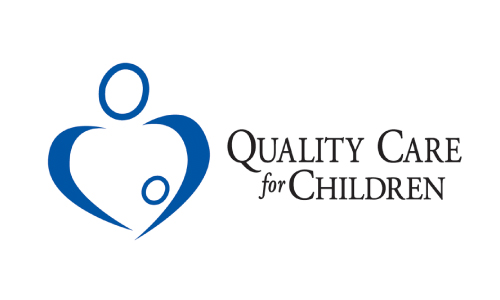
Quality Care for Children (QCC) equips families and childcare providers with resources they need to nurture and educate Georgia's infants and young children. When the pandemic revealed how essential childcare programs are to the economy, it also illustrated their vulnerability. Many had to close, and others are struggling.
QCC is helping by enhancing and expanding its suite of business support services, through its QCC Works program to help more childcare businesses improve their sustainability. QCCworks will help grow and increase the resiliency of the childcare system.

Euharlee's Black Pioneers Cemetery
Uncovering a historic past.
A historic, but formerly neglected, cemetery in Euharlee is being restored with the help of Plant Bowen's Citizens of Georgia Power chapter.
The Black Pioneers Cemetery was mostly forgotten until 2022, when the Euharlee Historical Society saved it from development. Bowen volunteers have since partnered with the city and Historical Society to help restore what was an active burial site from about 1830 to 1900.
The more than 300 graves identified so far had become overgrown with downed trees and brush that all but obscured the one-acre property located between two churches in the mostly rural community.
A cadre of Bowen volunteers, along with a team of Euharlee city employees and others, are restoring trails leading to the graves with the help of $5,000 in funds from the Georgia Power Foundation.
"The cemetery is within a mile of the plant. We are part of this community and want to help our local neighbors...We want to make sure all the graves are marked, and once restoration is complete, have an ongoing role in the cemetery's future maintenance."
— Jonathan Blaire, Chapter President, Plant Bowen Citizens
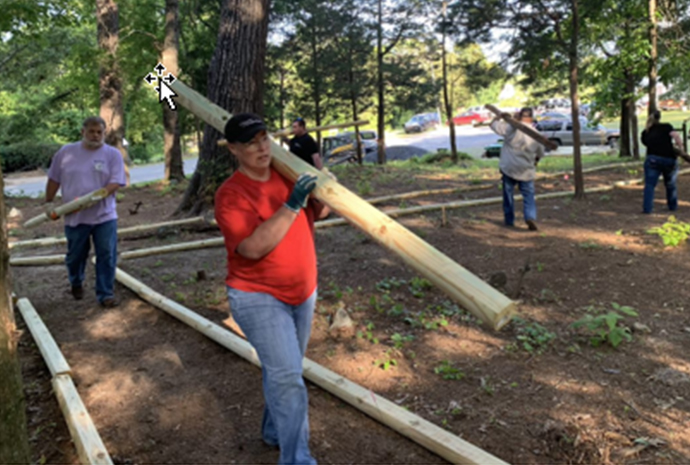

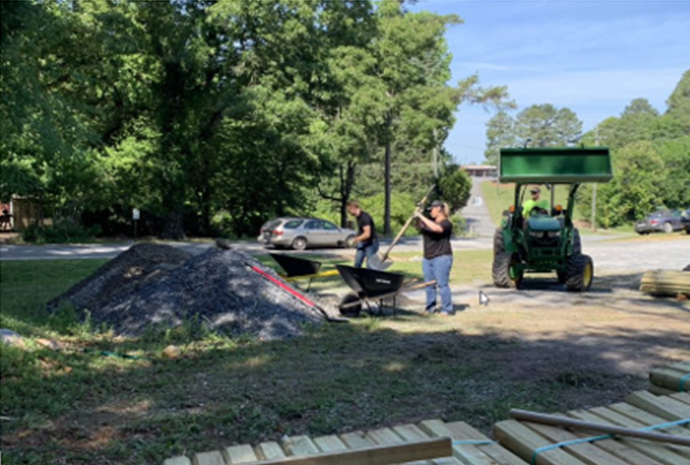
Inclement weather and pandemic restrictions delayed the work for almost two years, but the restoration is now almost complete.


